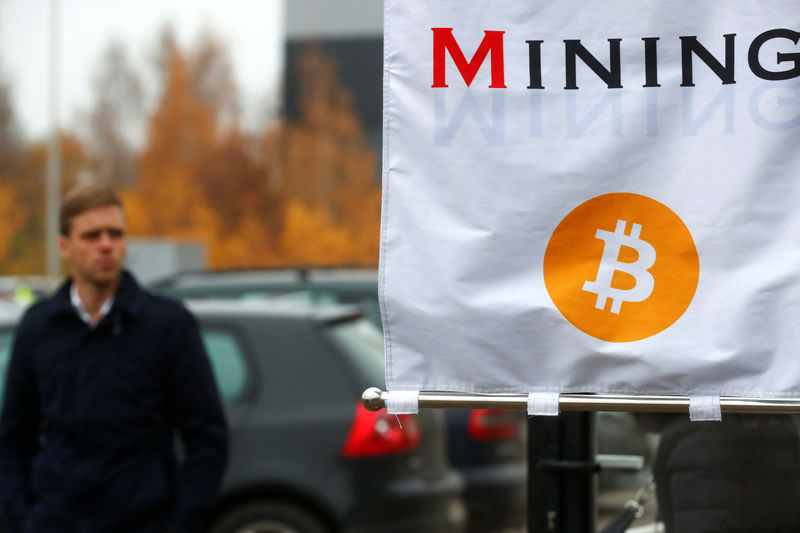M-Files is a Business Reporter client.
Business Reporter: M-Files
According Harvard Business Review, knowledge workers spend an average of 41 percent of their day on unsatisfying activities that don't use their core skills. For most people reading, that's more than three hours wasted on work that could and should be automated.
With the economic turbulence of 2023 continuing into 2024, it doesn't take a crystal ball to predict that how they manage knowledge work could prove decisive for many organizations this year.
Any sector that relies primarily on people exercising knowledge, critical thinking and creativity in their daily activities will soon realize that properly unleashing the potential of knowledge workers, maximizing productivity and, in turn, customer satisfaction customer, could be the top priority for 2024.
But what are the specific trends and opportunities that will define and shape the next evolution of knowledge work this year, and how can organizations prepare to take advantage of them to gain maximum benefit? Here are my top three predictions for how knowledge work automation and AI will impact the way we work in 2024 and beyond.
Prediction 1: Knowledge work becomes holistic
It is clear that the productivity of knowledge workers is vitally important to the growth and profitability of any business. Since knowledge workers perform best in a state of flow (where they can be creative, think freely, and solve problems), forward-thinking companies in 2024 will find ways to maintain that state of flow.
This year, we can expect organizations to approach knowledge work in a more holistic way to increase the productivity of knowledge workers by embracing automation. Knowledge work automation helps eliminate information chaos and improve process efficiency, reducing the number of time-consuming manual tasks and freeing up knowledge workers to work smarter, add value and drive better customer experiences. In fact, in 2023 analyst studyAutomating knowledge work was found to increase workflow efficiency by 70 percent and document searching by 50 percent—a time savings that translated into a significant financial return on investment of 294 percent! percent!
Prediction 2: Data integrations and curation, a transformation to be won
While maintaining a state of flow is critical to productivity, a lack of integration between business systems impedes that flow of information, creating silos that not even AI can easily overcome. It's a common misconception that you can point an AI assistant at any stack of documents and get reliable results. The reality is that content must be accessible, clean, validated, and seamlessly integrated for AI to work effectively. Getting your house in order by connecting critical systems will boost productivity, reduce risk, and transform internal and external collaboration. It also allows organizations to leverage the benefits of ever-advancing AI technology.
As a result, this year we can expect organizations to prioritize data curation across systems to ensure they can effectively feed their AI tools the right data to gain a competitive advantage.
Prediction 3: Generative AI becomes more prevalent
The emergence of GenAI will continue to increase the effectiveness of knowledge work. Expect to see companies leverage AI to automate data classification, extract deeper meanings from data, and interact with that information using natural, everyday language. Knowledge workers will easily leverage knowledge embedded not only in documents but also in virtual meetings and conversations, such as video calls and virtual chats. By unlocking an organization's total intellectual capital, knowledge workers will be more productive and insightful. And that, in turn, leads to happier customers.
However, caution should be taken. While GenAI offers enormous potential value by automating repetitive tasks and allowing employees to focus on more creative and profitable work, it also poses challenges.
Customization for specific use cases, reliability of generated output, regulation, and the shortage of talent with GenAI experience will need to be addressed. As AI assistants rely on quality and current content to provide reliable answers, data governance will become a key focus next year.
Expect organizations to carefully evaluate the regulatory and security implications of AI before widespread adoption can begin in 2024.
With the new reality of continued global economic uncertainty, organizations will continue to carefully evaluate long-term investments in 2024. Companies will walk the fine line of balancing risk and cost, along with the fear of missing out on the latest innovative technology. But there is no arguing the benefits that a holistic approach to automating knowledge work and effectively leveraging GenAI technology has the potential to bring in 2024 and beyond.
Antti Nivala is founder and CEO of M-Files, a global leader in knowledge work automation. To learn more about M-Files and the future of knowledge work automation, Click here.








